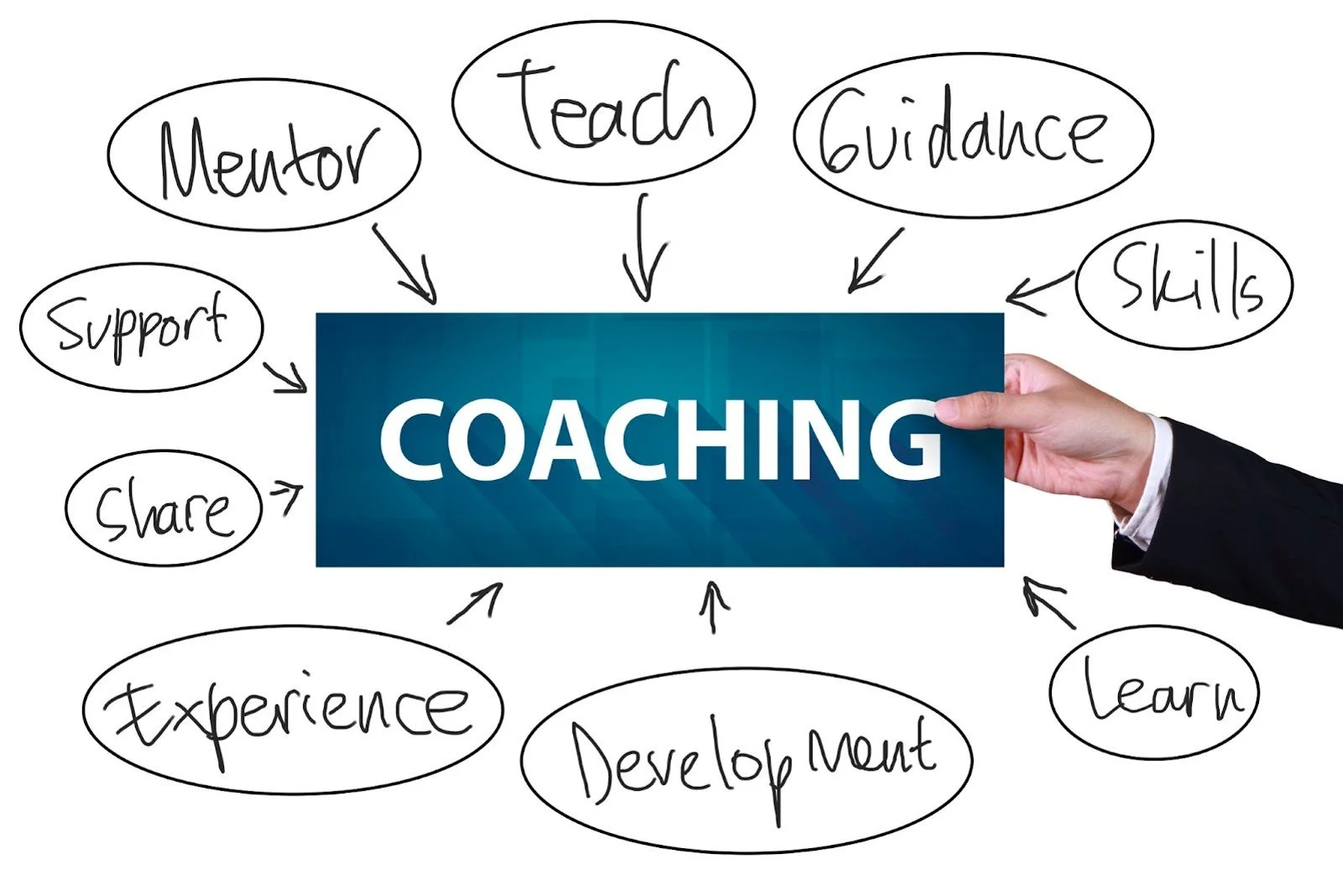Coachability
It was silent on the other end of the line. I was in a conversation with a seasoned executive and had just delivered some coaching help concerning her leadership. I admit my first impulse was that I had offended her. I was wrong. In a moment she explained, “I am processing what you’re saying and applying it to my recent experiences. I am also thinking of how I’m going to use this information in the future.”
I came away from my conversation with a renewed respect for this leader. She demonstrated the two characteristics that all great leaders possess: the discipline to listen to feedback and the humility to learn from it.
With all of the turmoil in our society today, it appears that we need more leaders like her. Those who have the ability to truly listen and learn. Admitting that we don’t have all the answers and being open to gaining new insights is where respect begins.
I am actively working on the skill of listening to gain insight from those with different experiences and perspectives than mine. When we choose to lead with our ears first, we will make a difference.
Dr. Larry Little
Eagle Center for Leadership
The Power of Coachability
At the Decatur Police Department, great leadership is not defined by giving orders—it’s about setting the tone, leading by example, and constantly growing. True leaders don’t just direct; they listen, learn, and adapt. That mindset—being open to growth and willing to improve—is at the heart of Coachability, one of the core values of Teamwork in our department.
Coachability means more than hearing advice. It’s the ability to receive feedback, reflect on it honestly, and act on it. It requires humility, discipline, and a commitment to being better—for your team, your community, and yourself. A coachable leader doesn’t just wait for feedback—they seek it out, apply it, and grow from it.
Coachability is about being teachable. It's about recognizing that valuable insight can come from anyone: a supervisor, a peer, or even a junior officer. The best leaders know they don’t have all the answers—and they never stop learning.
This module focuses on four pillars of coachability that strengthen leadership in law enforcement:
Self-Awareness – Knowing your strengths, blind spots, and how your actions affect others.
Overcoming Ego – Letting go of defensiveness to hear feedback clearly and objectively.
Humility – Understanding that growth requires listening and acknowledging we can all improve.
Application – Putting feedback into practice in ways that lead to real, visible change.
“Coaching is unlocking people’s potential to maximize their own performance. It is helping them to learn rather than teaching them.”
When leaders model coachability, they send a clear message: learning is respected, improvement is expected, and accountability is essential. That mindset fosters a culture of trust and continuous development across the department.
As you move through this module, take time to reflect.
Are you open to feedback from all directions?
Do you apply what you learn to improve your leadership?
How are you setting the example for a culture of growth?
Let’s build a stronger department—one coachable leader at a time. Let’s get started.


